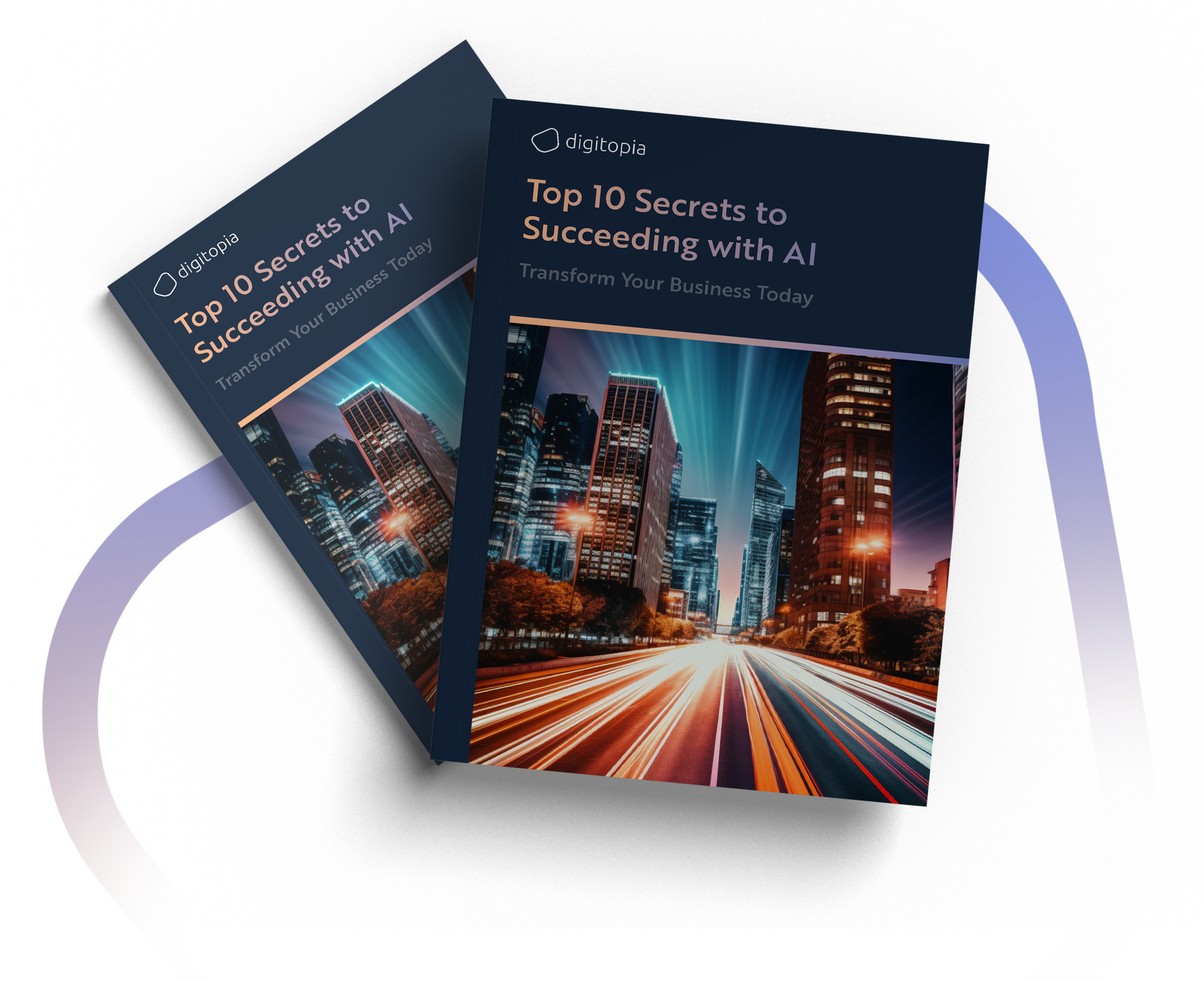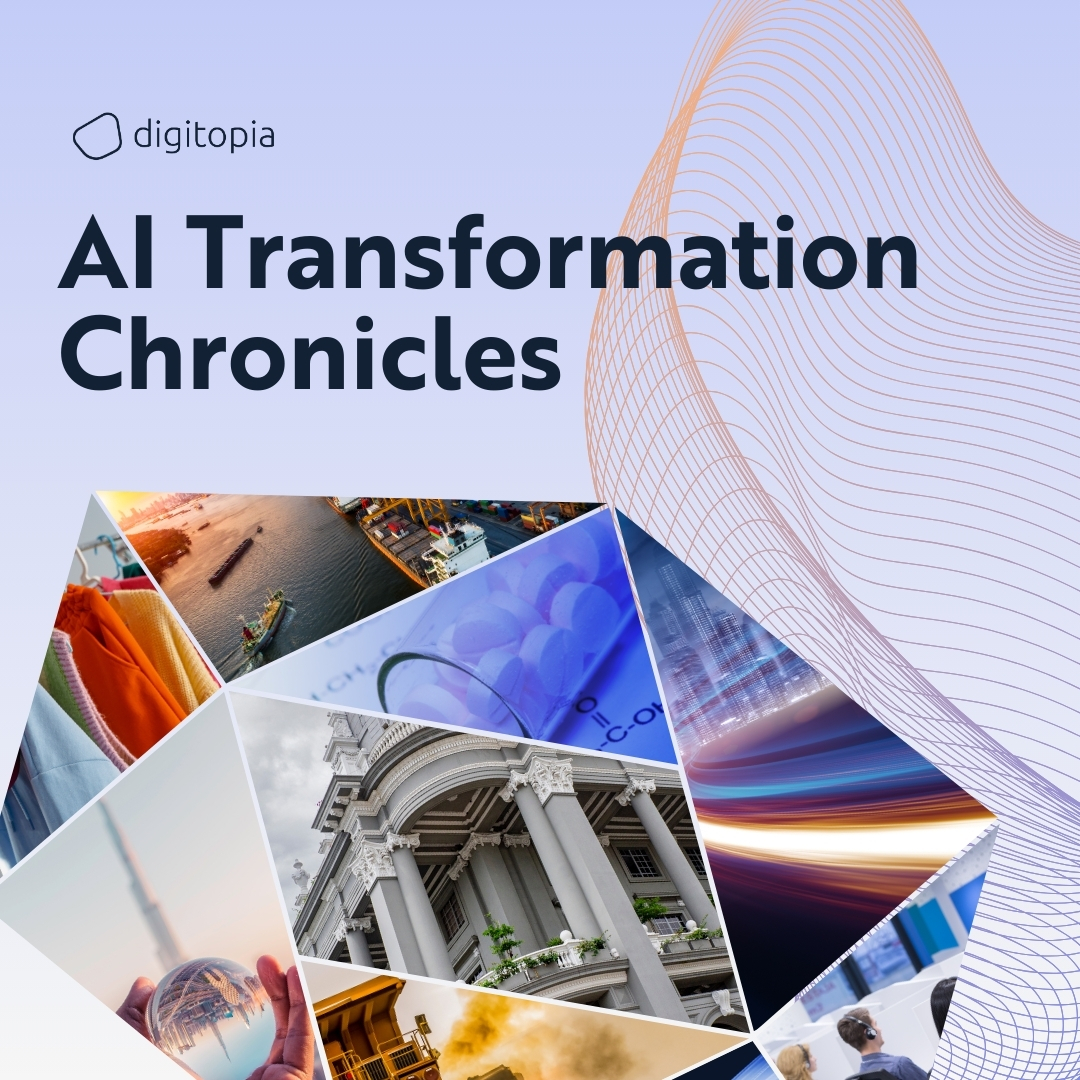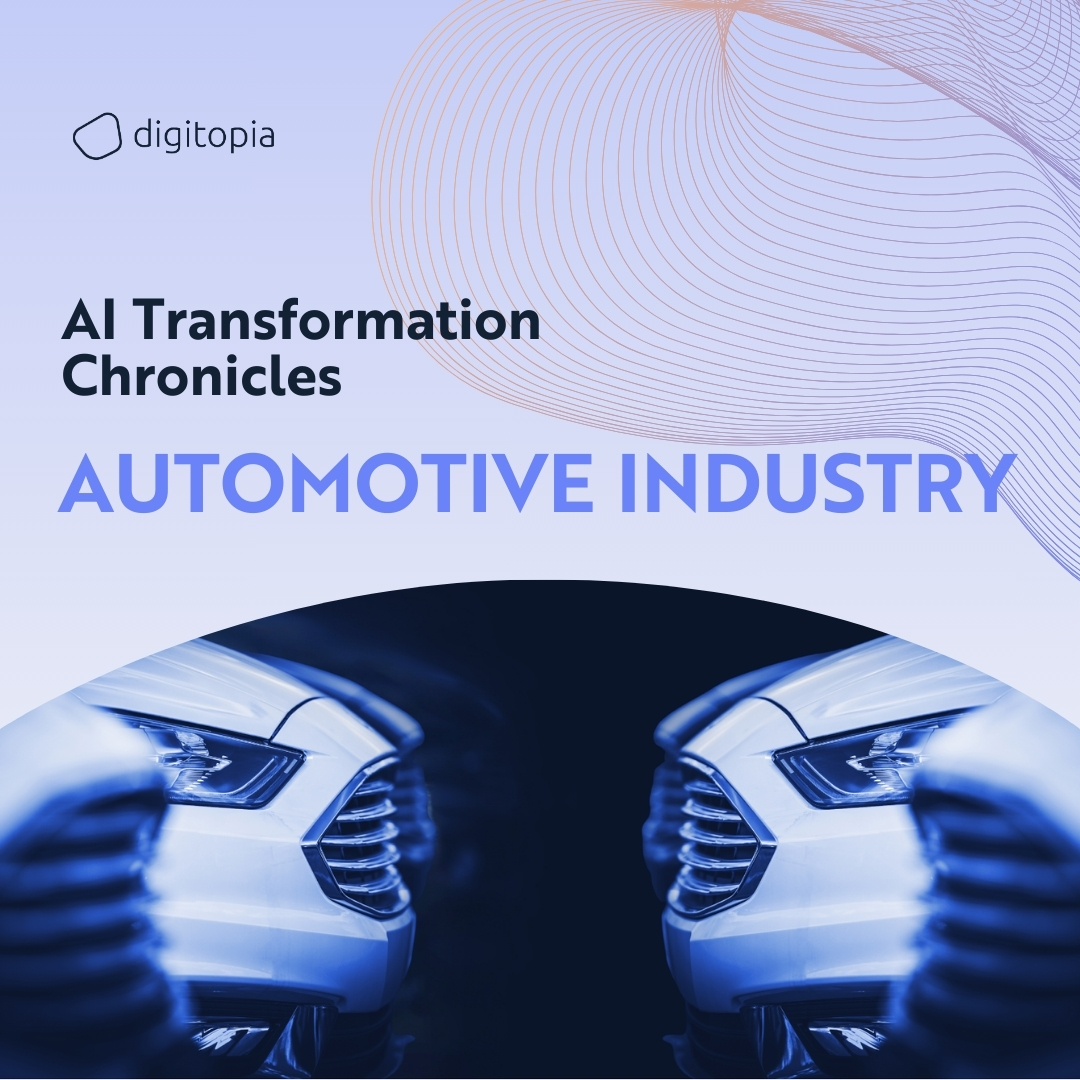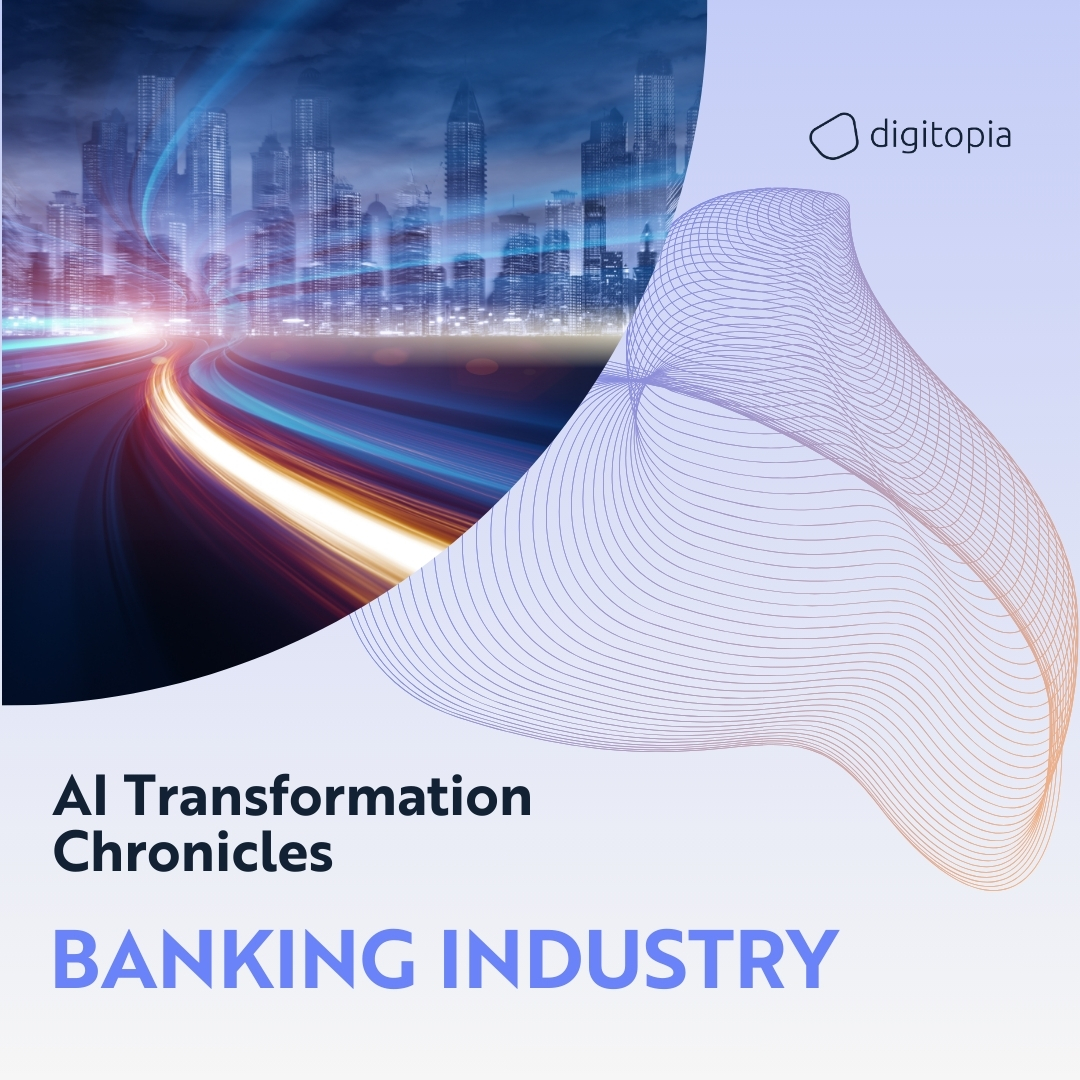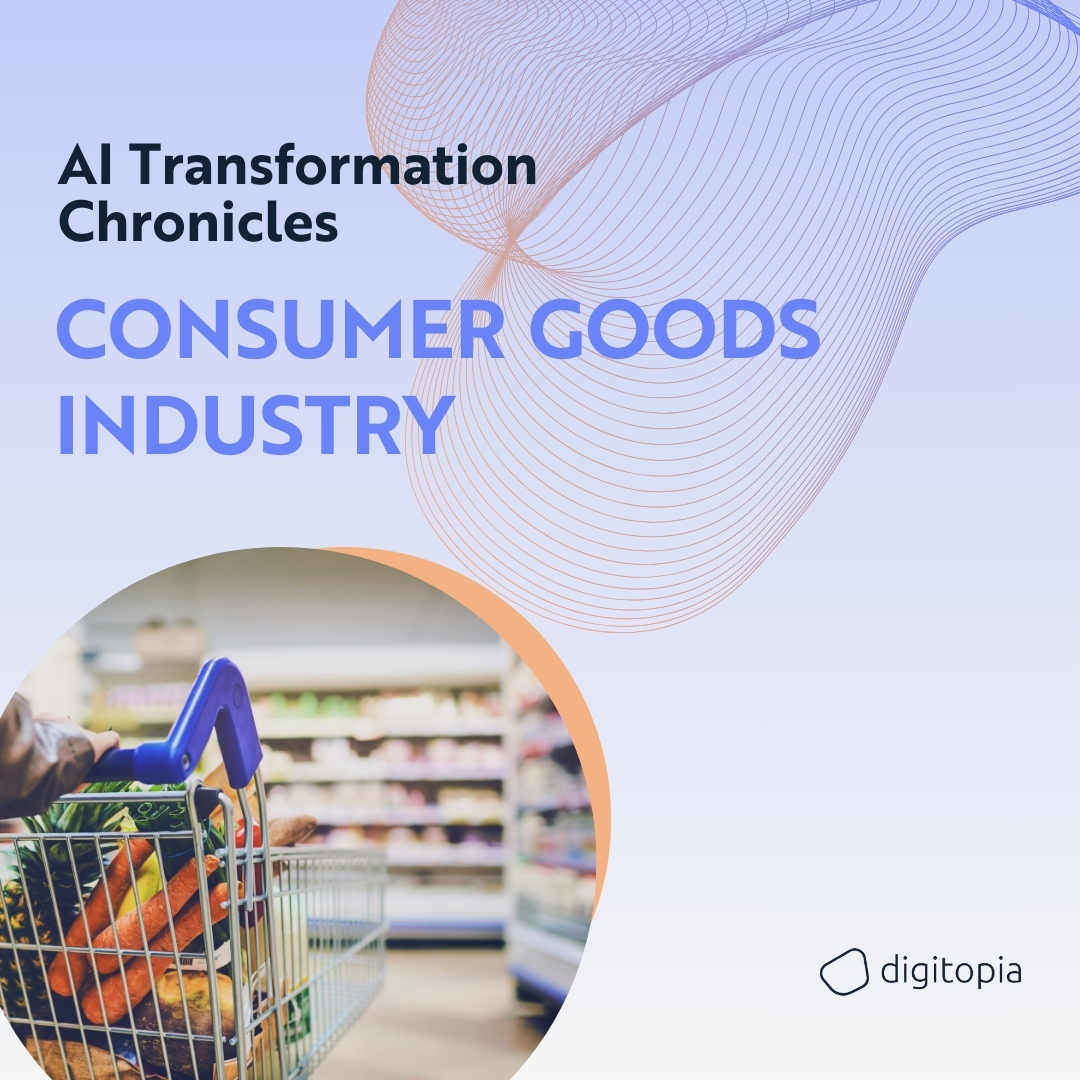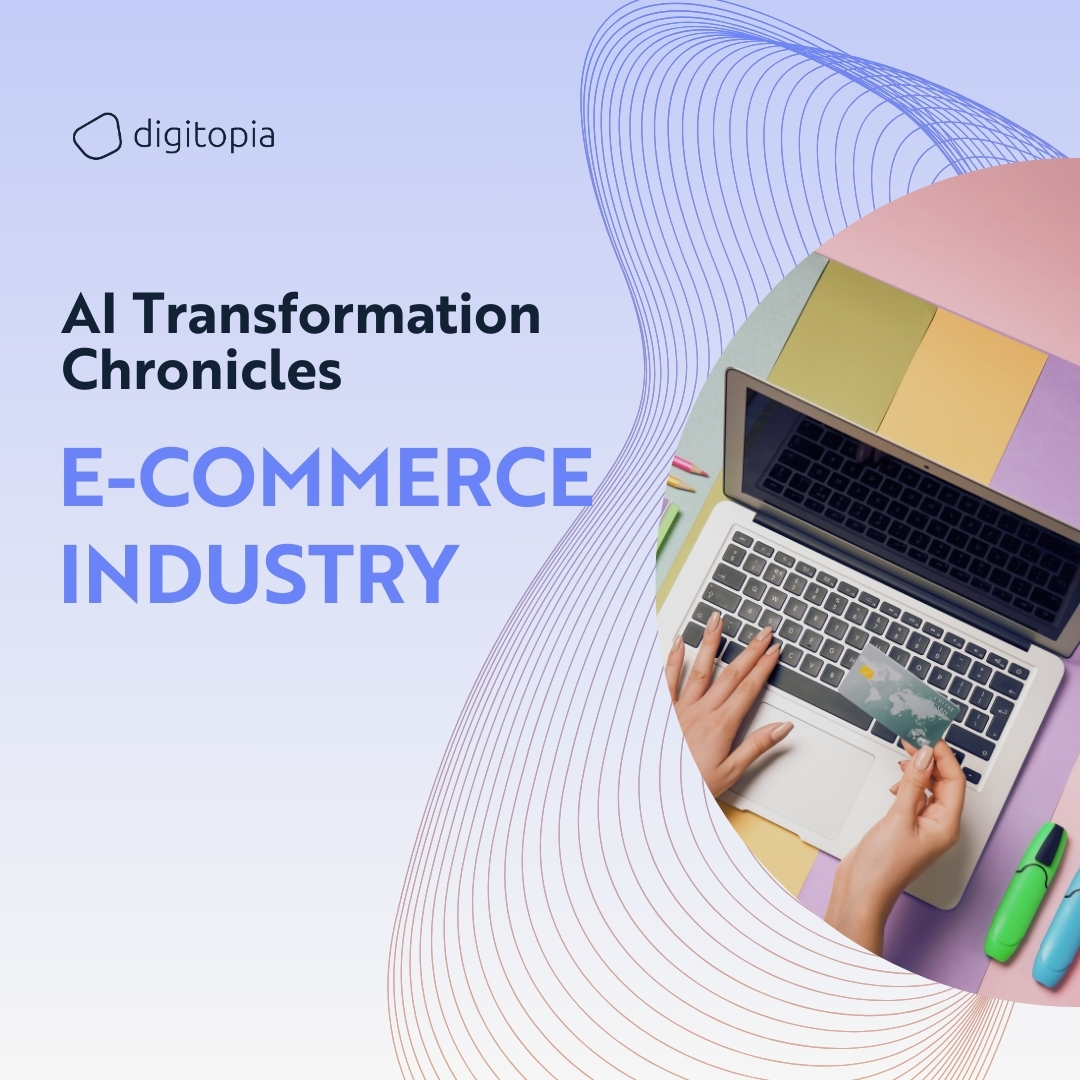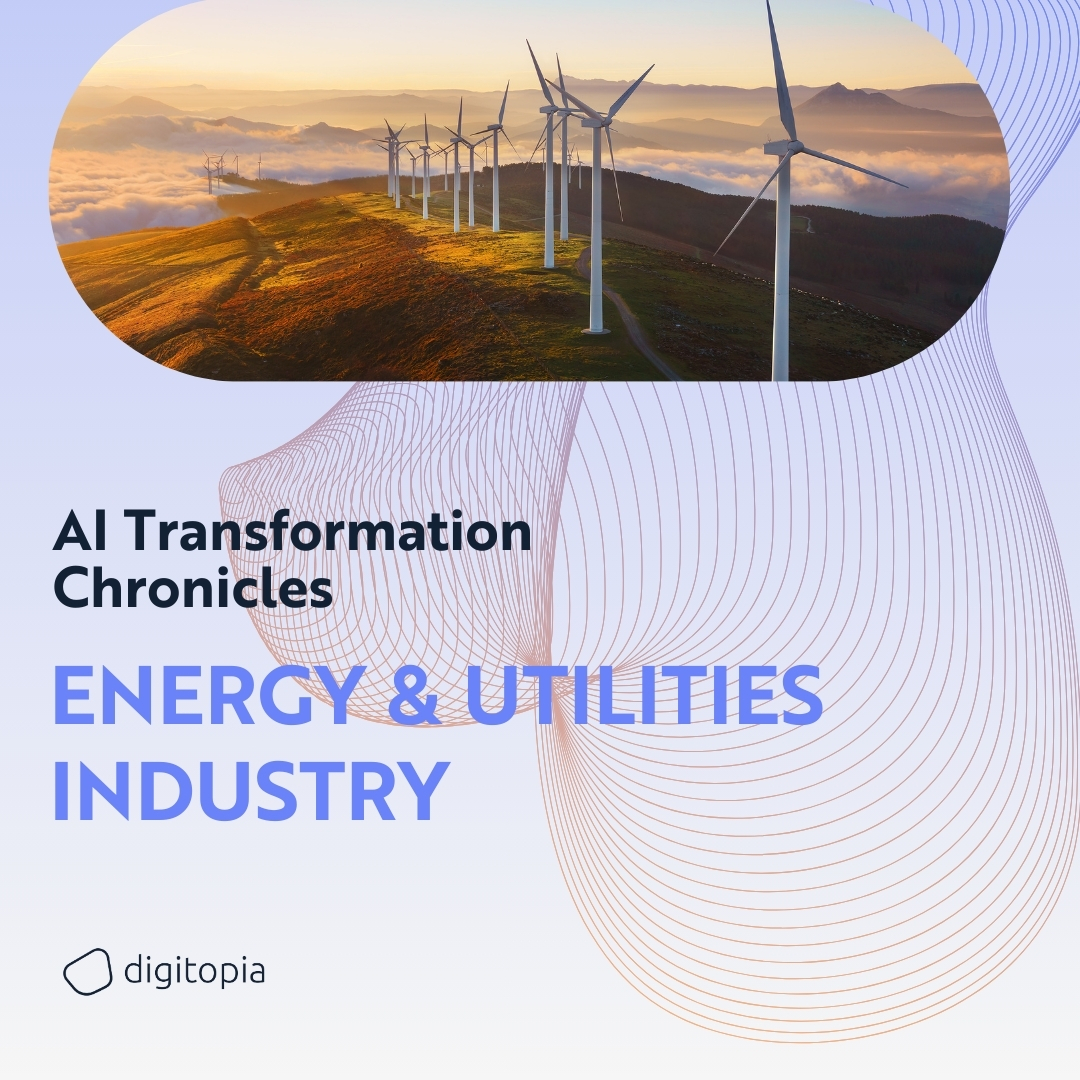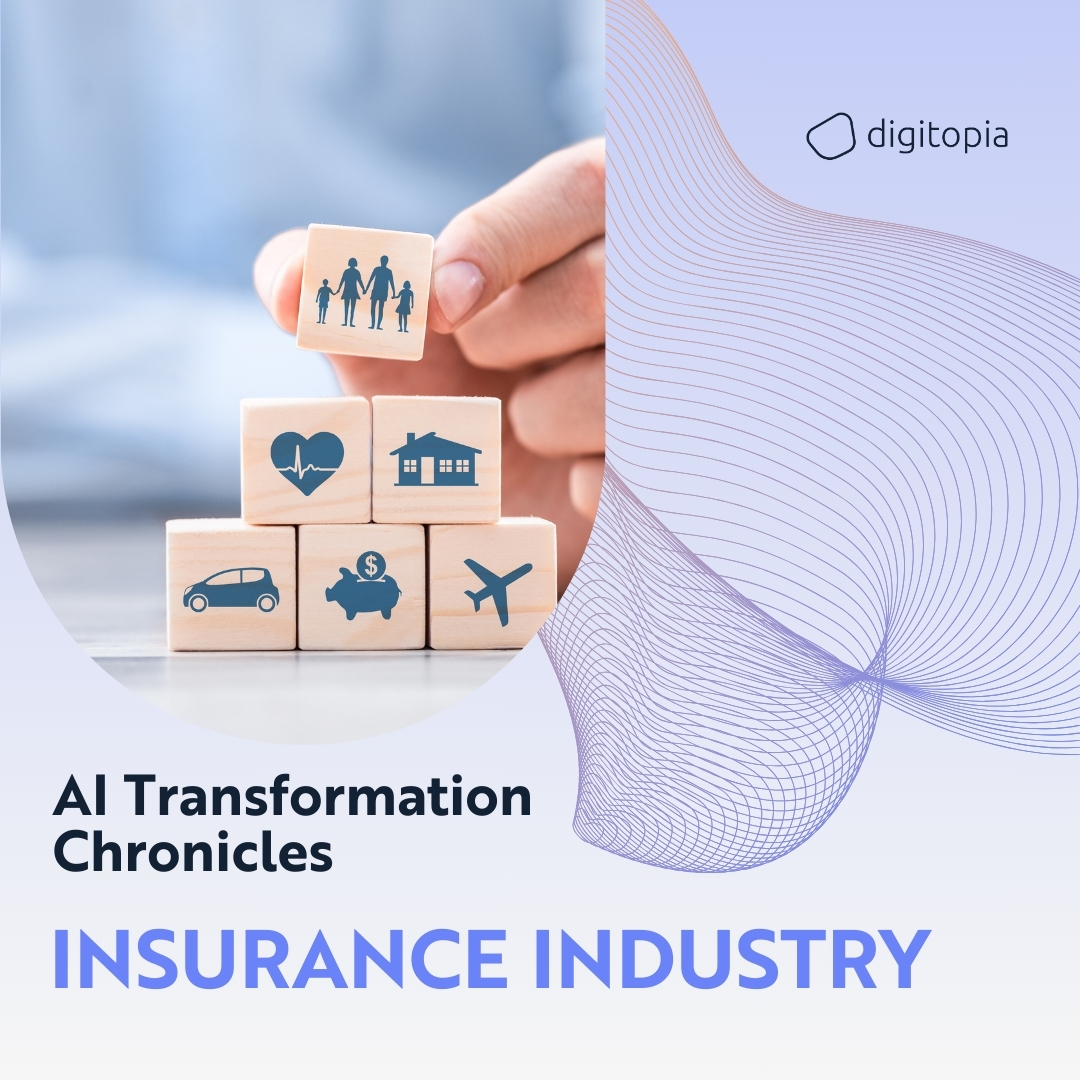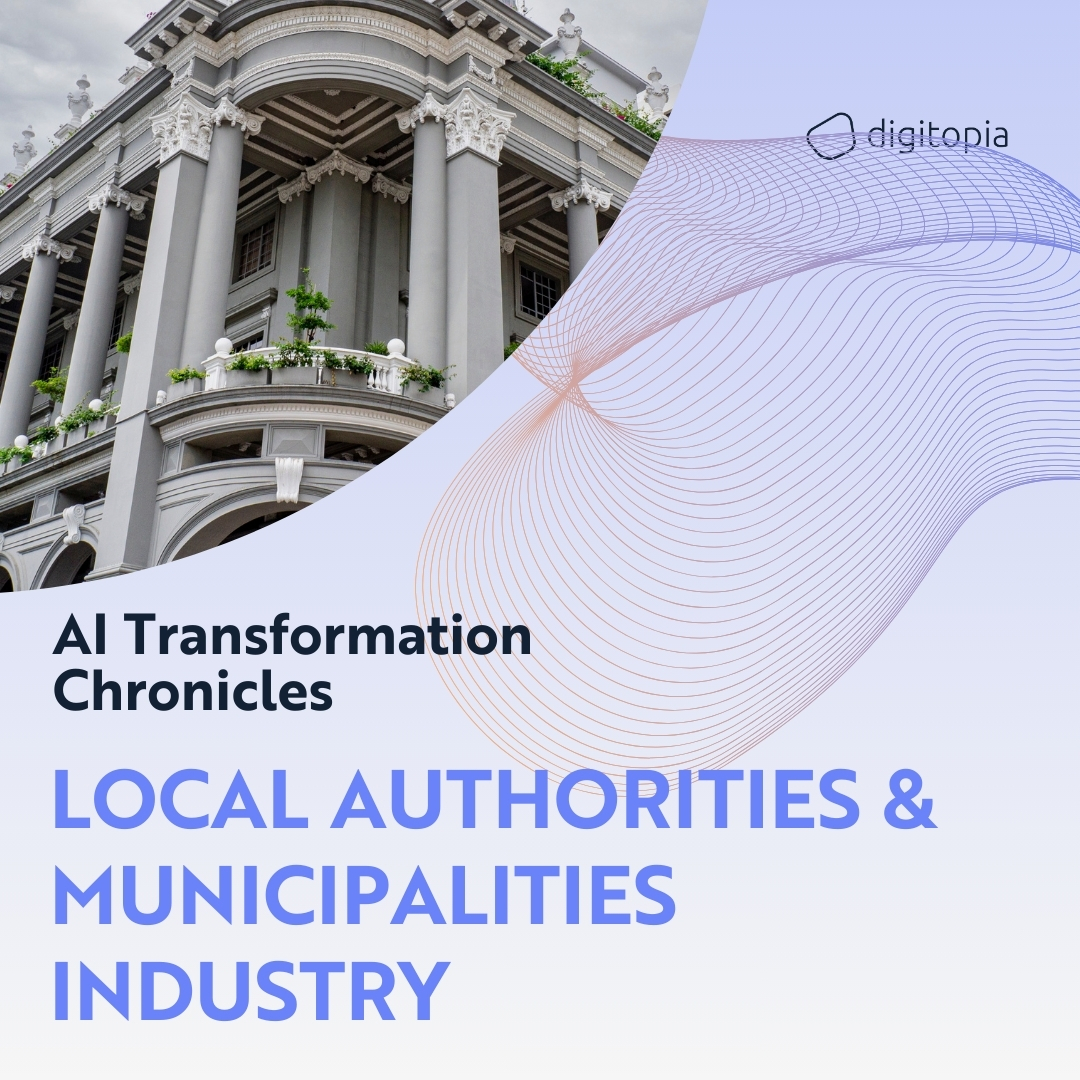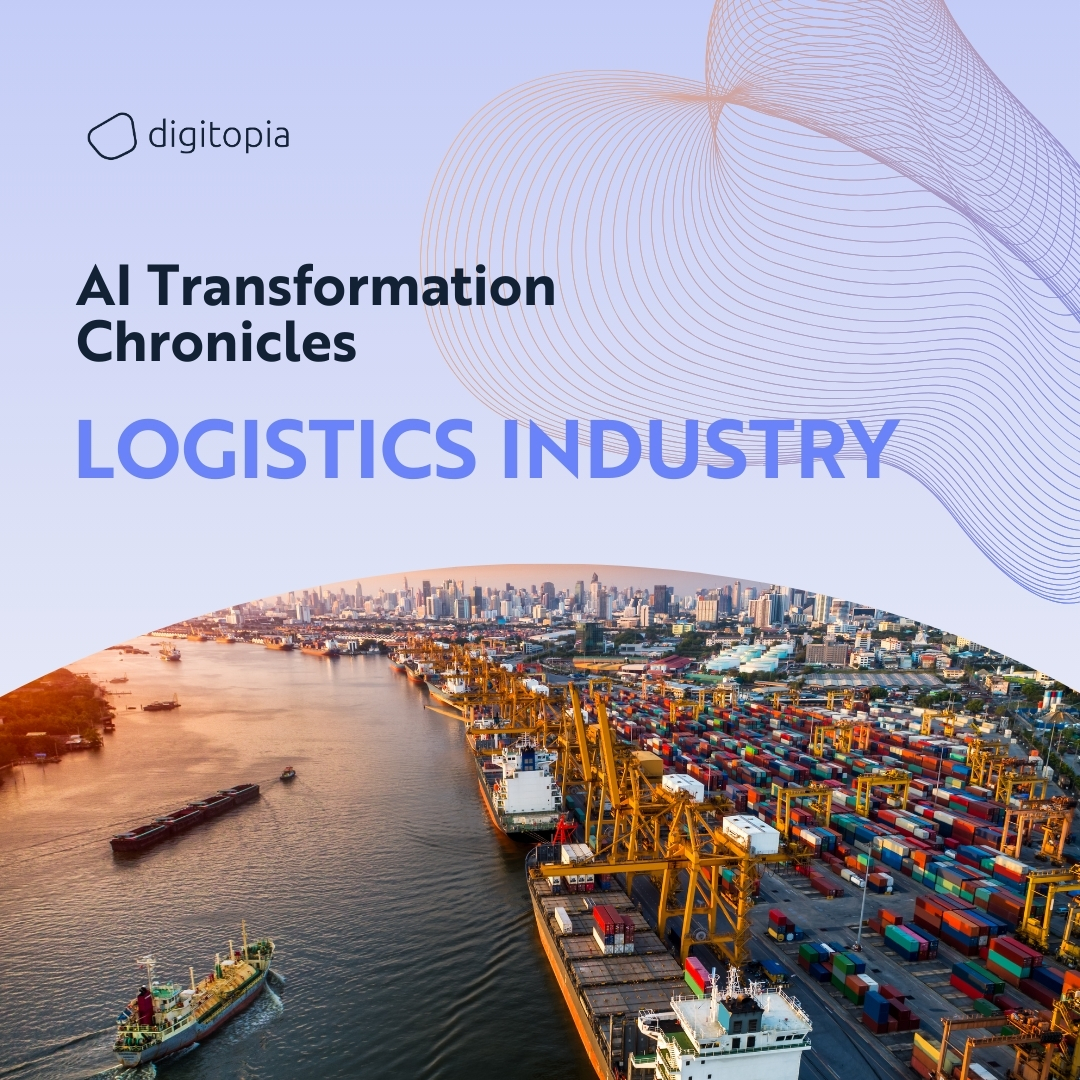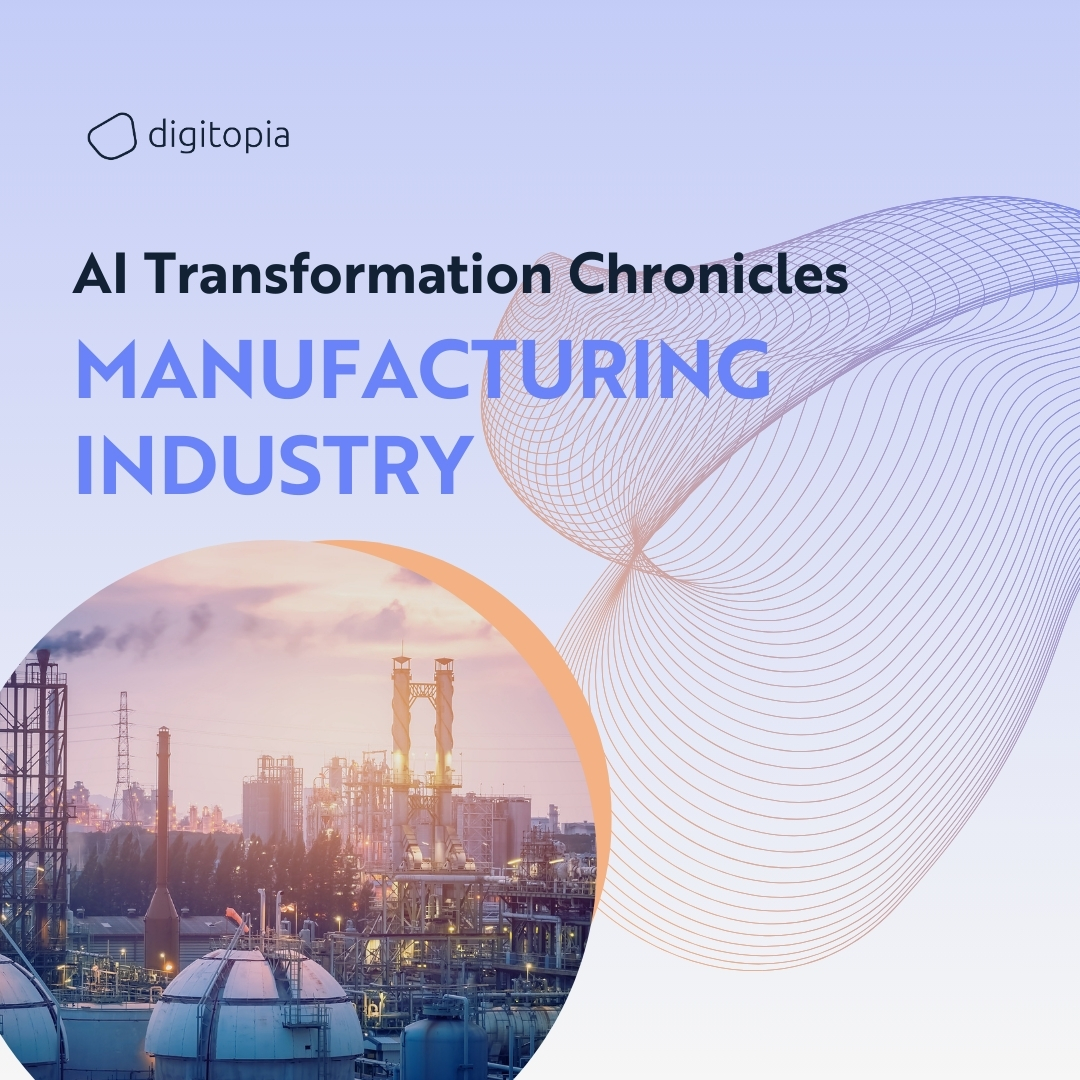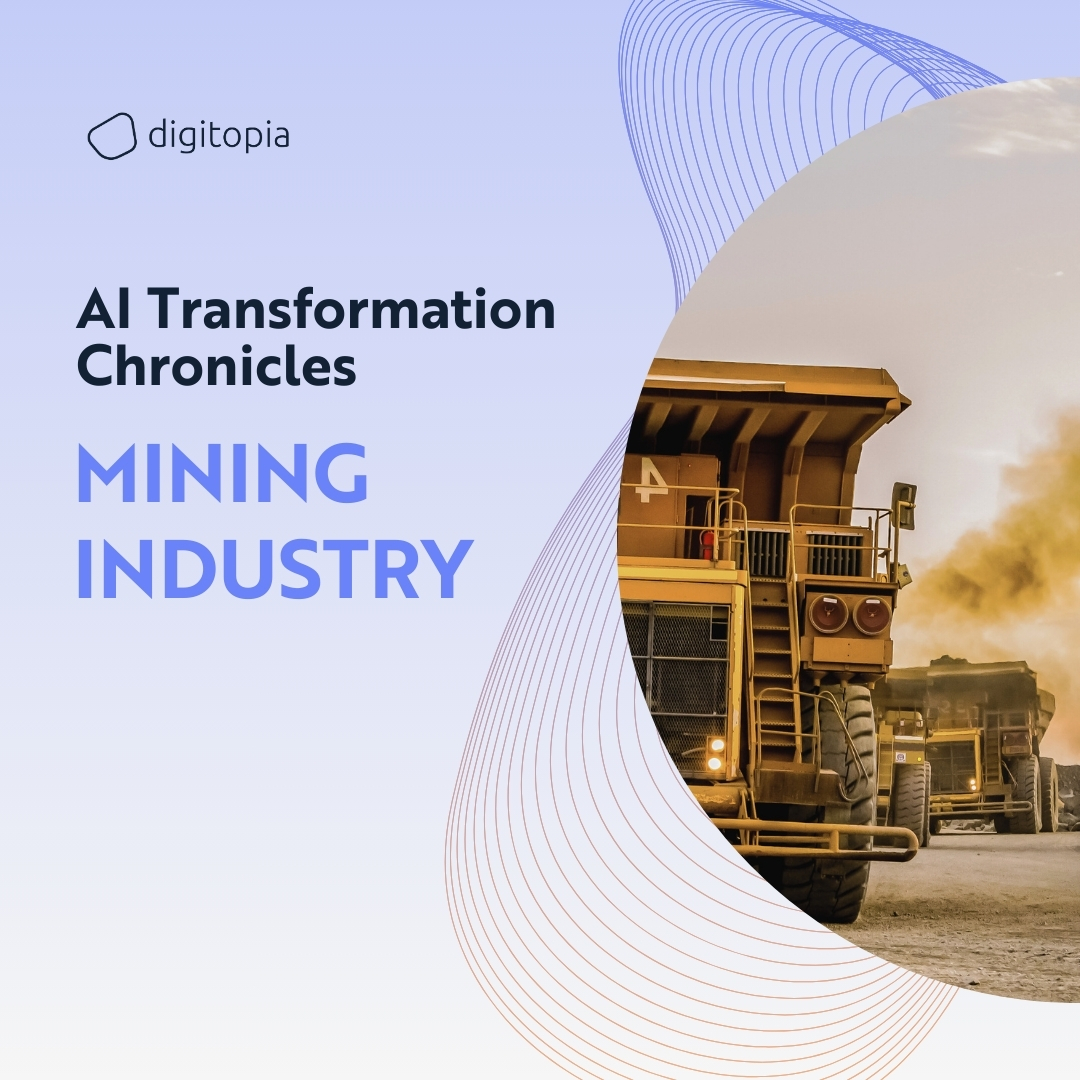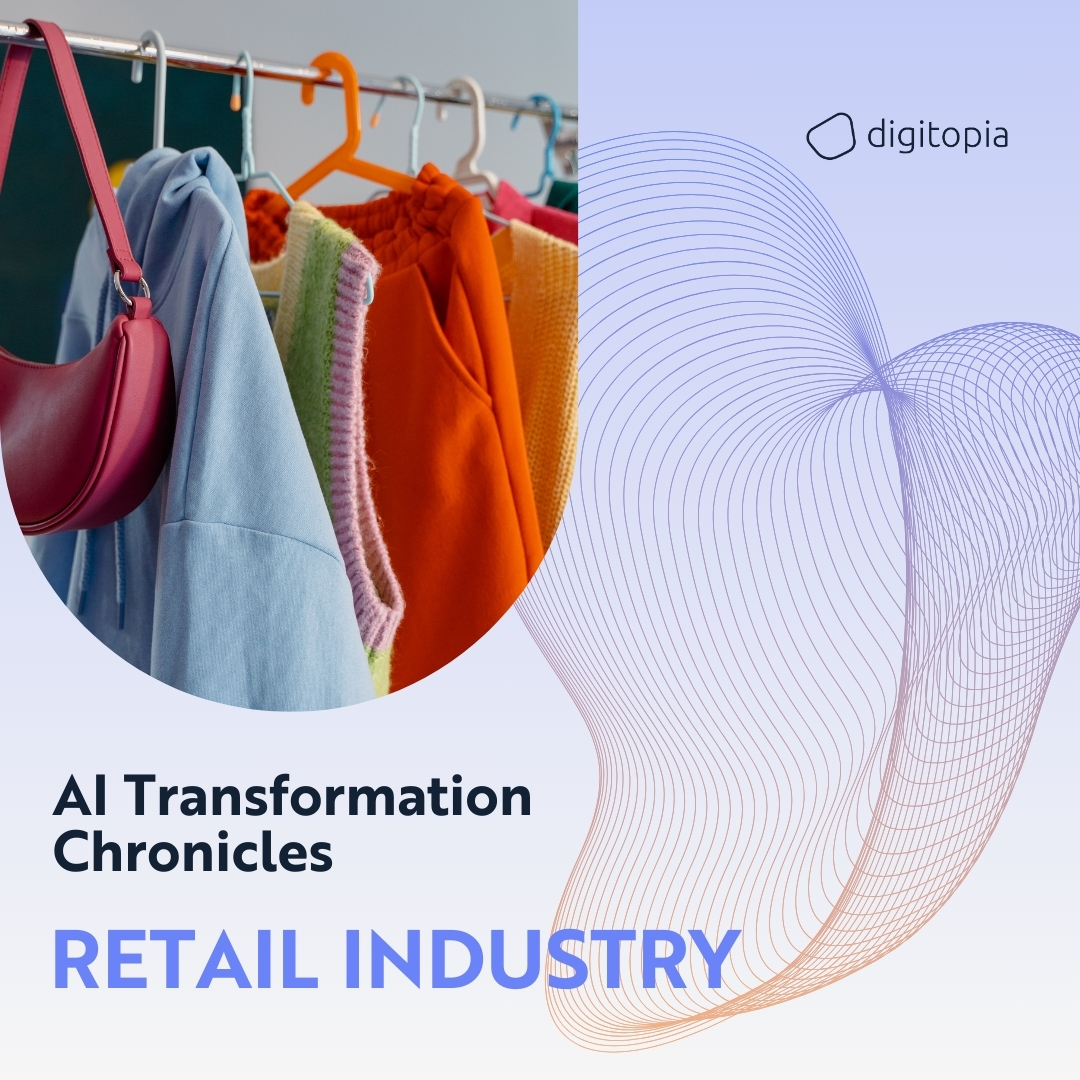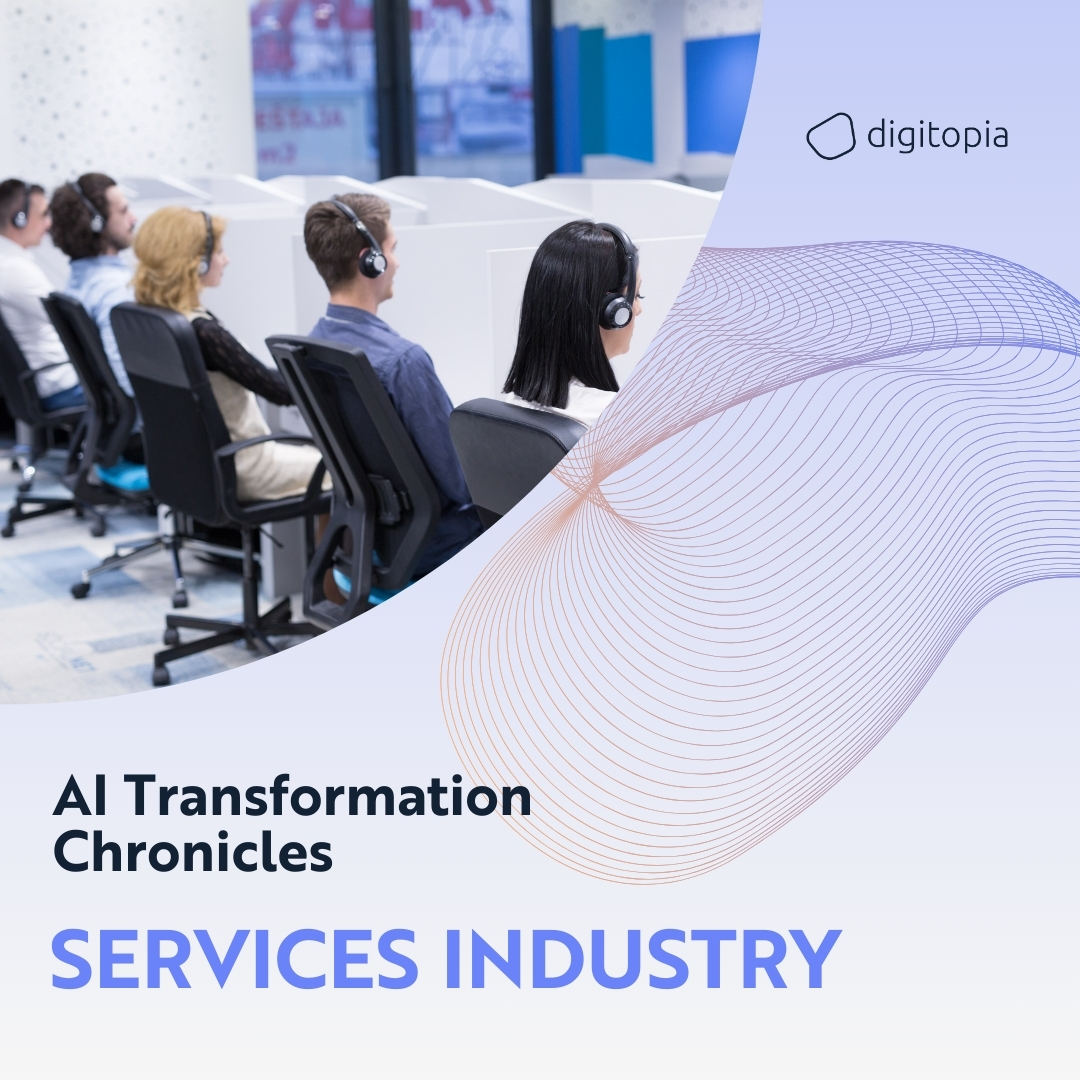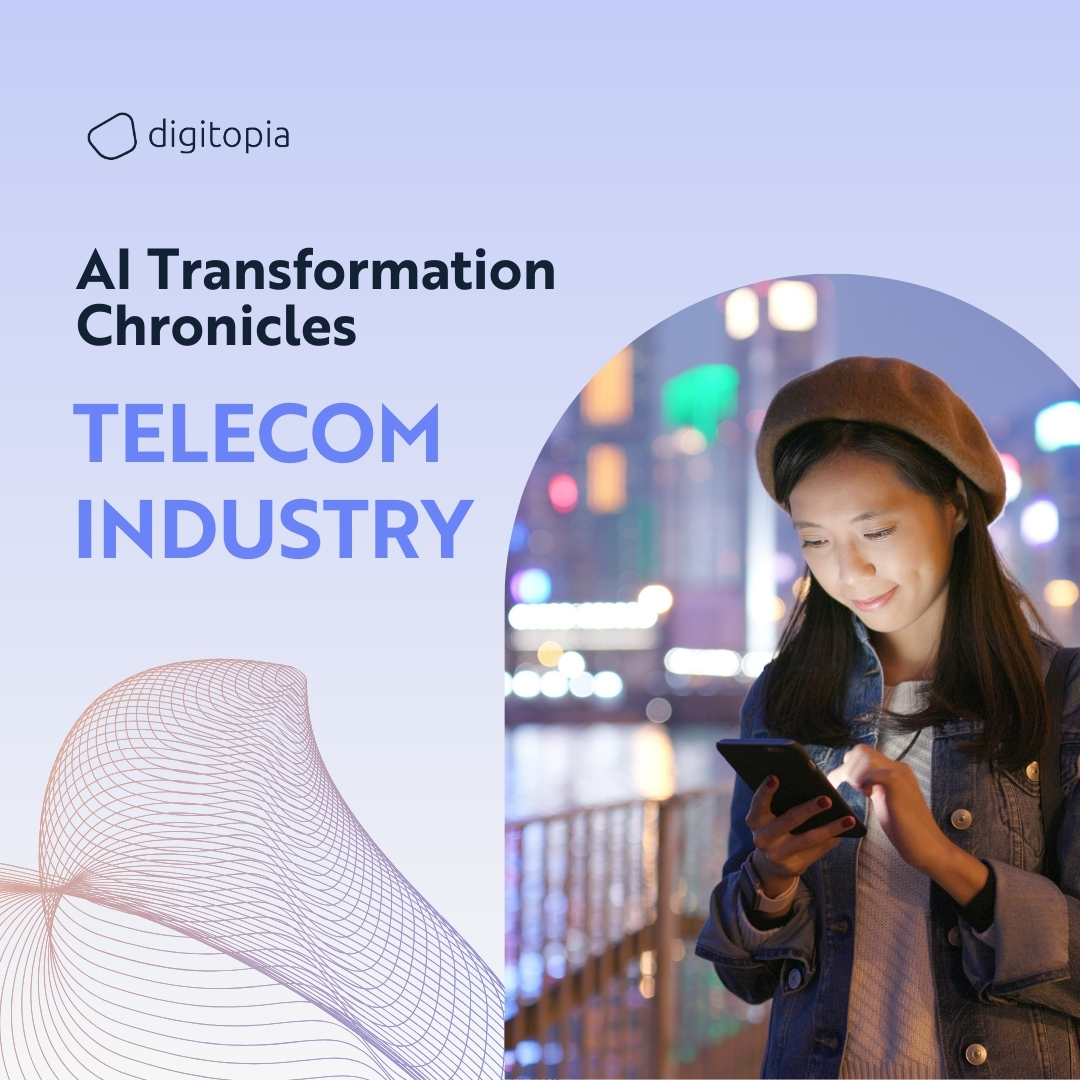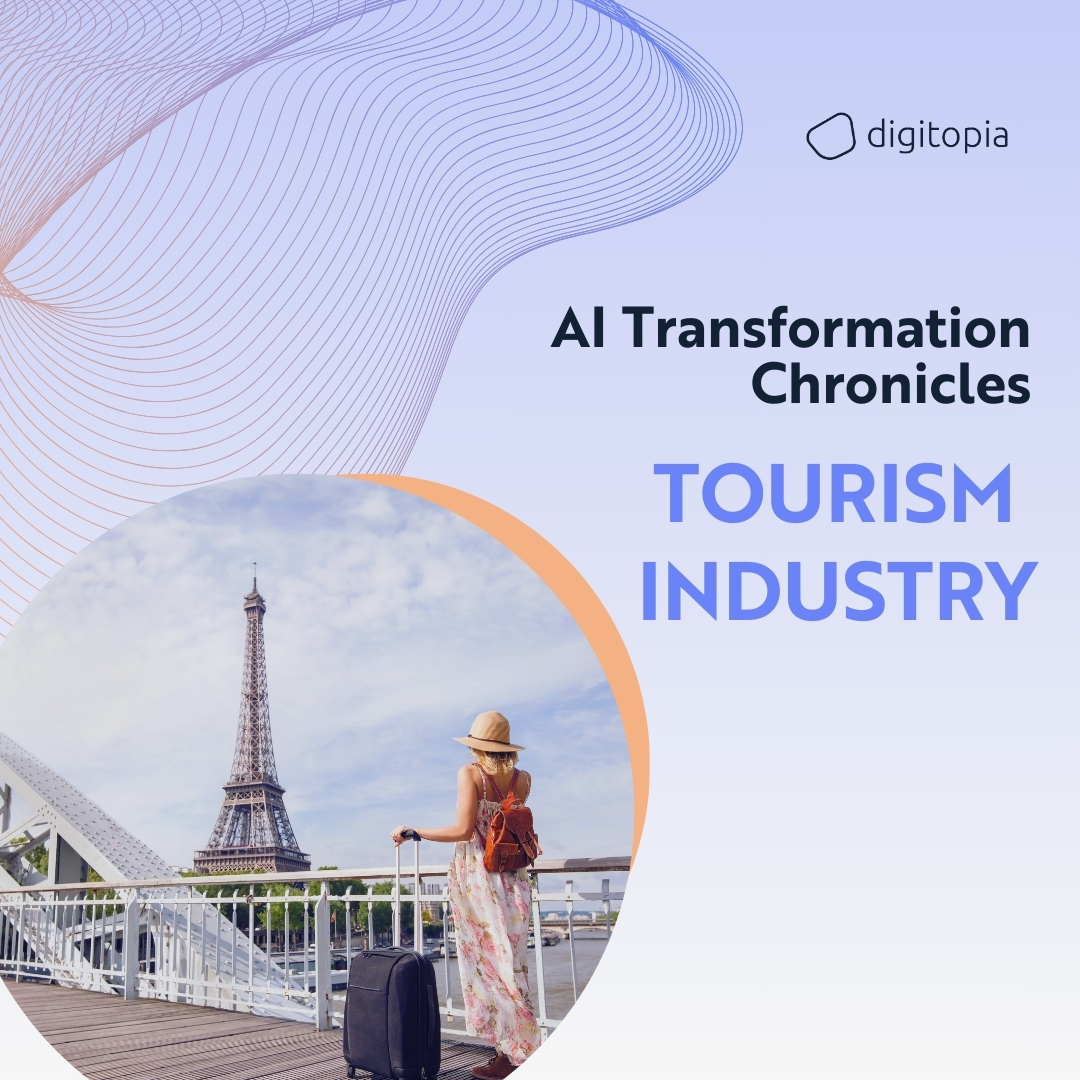
Explore how AI in tourism is transforming the industry, from hotels to travel agencies, driving remarkable improvements in customer experience, personalization, and operational efficiency. From personalizing guest experiences and optimizing pricing strategies to enhancing operational efficiency and streamlining travel planning, AI is revolutionizing various aspects of the tourism sector. This comprehensive overview explores the critical use cases of AI in the tourism industry, highlighting how AI-driven innovations are improving customer satisfaction, boosting efficiency, and driving growth.
The Promise of AI in the Tourism Industry
AI offers immense potential to transform the tourism industry by enhancing guest experiences, optimizing operations, and enabling data-driven decision-making. By integrating AI technologies into their processes, tourism companies can provide personalized services, streamline operations, and gain valuable insights into customer preferences. Embracing AI is essential for tourism businesses aiming to stay competitive in a rapidly evolving market and meet the ever-changing demands of travelers.
Learn More: Top 10 Secrets to Succeeding with AI
Our comprehensive ebook provides actionable insights, real-world case studies, and proven strategies to help you integrate AI into your operations and drive growth.
Download Now
Key Use Cases in the Tourism Industry
AI is transforming the tourism industry by enhancing guest experiences, optimizing operations, and providing personalized services. From hotels offering tailored recommendations and dynamic pricing to tour operators optimizing itineraries and travel agencies automating trip planning, AI-driven solutions are revolutionizing the way the tourism sector operates. These advancements not only improve customer satisfaction but also boost efficiency and profitability. This section delves into the most impactful AI use cases in the tourism industry, demonstrating how these technologies are setting new standards for excellence and innovation in travel and hospitality.
Hotels
- Personalized Guest Experiences: AI analyzes guest preferences and behaviors to offer personalized recommendations and services, enhancing the overall guest experience.
- Dynamic Pricing: AI algorithms adjust room rates in real-time based on demand, competition, and other factors, maximizing revenue and occupancy rates.
- Chatbots and Virtual Assistants: AI-driven chatbots handle guest inquiries, provide real-time support, and facilitate bookings, improving service efficiency and guest satisfaction.
- Predictive Maintenance: AI monitors hotel infrastructure to predict maintenance needs and schedule repairs proactively, reducing downtime and maintenance costs.
- Customer Sentiment Analysis: AI analyzes guest reviews and feedback to gauge sentiment and identify areas for improvement, helping hotels enhance their services and reputation.
Tour Operators
- Personalized Tour Recommendations: AI analyzes traveler preferences and behaviors to offer personalized tour packages and activities, improving customer satisfaction and sales.
- Demand Forecasting: AI predicts travel demand trends, helping tour operators optimize inventory and plan resources effectively.
- Route Optimization: AI optimizes tour itineraries and routes, reducing travel time and costs while enhancing the traveler experience.
- Real-Time Translation: AI-powered translation tools provide real-time language translation, enabling seamless communication between tour guides and international travelers.
- Customer Relationship Management: AI-driven CRM systems manage customer interactions, track preferences, and provide personalized communications, enhancing customer engagement and loyalty.
Travel Agencies
- Automated Trip Planning: AI streamlines the trip planning process by suggesting personalized itineraries based on traveler preferences and constraints, saving time and effort.
- Travel Risk Management: AI analyzes global data to predict potential travel risks and disruptions, enabling agencies to provide timely advice and alternative arrangements.
- Customer Insights and Analytics: AI analyzes booking patterns and customer data to provide insights into traveler preferences, helping agencies tailor their offerings and marketing strategies.
- Virtual Travel Assistants: AI-driven virtual assistants assist travelers with booking flights, accommodations, and activities, providing a seamless and convenient travel planning experience.
- Fraud Detection: AI detects and prevents fraudulent activities in travel bookings and transactions, ensuring secure and trustworthy services.
Powerful Success Stories in AI-Driven Tourism
The AI revolution in the tourism industry is already underway, with leading companies demonstrating the transformative power of artificial intelligence. These success stories illustrate the significant benefits of AI adoption, from enhanced guest experiences and optimized pricing to streamlined operations and personalized travel planning.

Marriott International – Personalized Guest Experiences
Challenge: Marriott International, a global hotel chain, aimed to enhance the guest experience by offering personalized services based on individual preferences and behaviors.
Solution: Marriott implemented an AI-driven system that analyzes guest data, including past stays, preferences, and behaviors. The system provides personalized recommendations and services, such as room preferences, dining options, and local activities.
Benefits: The AI-driven personalization system significantly improved the guest experience at Marriott hotels, leading to higher satisfaction and loyalty. Guests received tailored services that matched their preferences, enhancing their overall stay and reinforcing Marriott’s reputation for exceptional hospitality.

TUI Group – Demand Forecasting and Route Optimization
Challenge: TUI Group, a leading tour operator, needed to optimize its inventory and resource planning based on fluctuating travel demand trends.
Solution: TUI Group implemented AI-driven demand forecasting and route optimization systems. These AI tools analyze travel demand patterns and optimize tour itineraries, ensuring efficient resource allocation and enhanced traveler experiences.
Benefits: The AI-driven demand forecasting and route optimization systems significantly improved TUI Group’s operational efficiency and customer satisfaction. The company was able to anticipate demand accurately, optimize tour schedules, and provide better travel experiences, positioning itself as a leader in the tour operator industry.

Expedia – Automated Trip Planning and Virtual Travel Assistants
Challenge: Expedia, a global travel agency, aimed to streamline the trip planning process and provide a seamless booking experience for travelers.
Solution: Expedia implemented AI-driven automated trip planning and virtual travel assistants. These AI tools suggest personalized itineraries, assist with bookings, and provide real-time support to travelers.
Benefits: The AI-driven trip planning and virtual assistant systems significantly enhanced the travel planning experience for Expedia’s customers. Travelers received personalized itinerary suggestions and seamless booking support, leading to higher satisfaction and loyalty. Expedia’s innovative use of AI positioned it as a leader in the travel agency industry.
Key Recommendations for Successful AI Transformation in Tourism
Achieving successful AI transformation in the tourism industry requires a strategic approach, visionary leadership, and a commitment to continuous improvement. Companies must invest in robust data infrastructures, develop specialized AI expertise, and foster a culture of innovation. By aligning AI initiatives with business goals, leveraging ecosystem partnerships, and continuously measuring progress, tourism companies can unlock the full potential of AI. These key recommendations provide a roadmap to enhance efficiency, personalize guest experiences, and drive innovation, ensuring long-term success in a rapidly evolving and competitive market.
- Invest in Data Infrastructure: Develop a robust data infrastructure to collect, integrate, and analyze diverse datasets from various sources across the tourism value chain. Ensure data quality, security, and accessibility to drive effective AI implementation.
- Develop AI Expertise: Prioritize talent acquisition and development by investing in comprehensive training programs and forming partnerships with educational institutions. Foster a culture of continuous learning and innovation to build a skilled workforce capable of leveraging AI technologies.
- Foster Collaborative Leadership: Leadership teams must champion AI transformation by articulating a clear vision and strategy for AI adoption. Encourage collaboration across departments and functions to ensure alignment and drive AI initiatives forward.
- Leverage Ecosystem Partnerships: Build an ecosystem of partners, including technology providers, academic institutions, and industry consortia, to accelerate AI adoption and innovation. Collaborate with partners for knowledge sharing and access to advanced tools and platforms.
- Align AI Initiatives with Business Goals: Identify and prioritize AI projects that align with strategic business objectives and deliver measurable value. Focus on high-impact use cases that build momentum for broader AI adoption.
- Implement Continuous Measurement and Improvement: Use tools like Digitopia’s AI Maturity Index to continuously assess and benchmark AI capabilities. Regularly review progress, adjust strategies, and ensure AI initiatives deliver the expected value.
By embracing AI across guest experiences, tour operations, and travel planning, tourism companies can drive significant advancements, enhance efficiency, and improve customer satisfaction. These advancements will position tourism companies to lead in a dynamic and competitive market, ensuring long-term success and resilience.

